Retro Replay Review
Gameplay
Culpa Innata offers a refined point-and-click adventure system that emphasizes exploration and investigation over fast-paced action. You guide protagonist Phoenix Wallis through a series of futuristic environments, engaging with NPCs, examining crime scenes, and piecing together clues. The interface is intuitive, allowing you to highlight interactive objects and dialogue options with a simple click, making it accessible for both veteran adventure gamers and newcomers.
(HEY YOU!! We hope you enjoy! We try not to run ads. So basically, this is a very expensive hobby running this site. Please consider joining us for updates, forums, and more. Network w/ us to make some cash or friends while retro gaming, and you can win some free retro games for posting. Okay, carry on 👍)
The game’s non-linear structure unfolds across multiple in-game days, giving you freedom to revisit locations and follow leads in the order you choose. Early on, you’ll be walking or running between sites on foot, but later unlock Phoenix’s PDA map to fast-travel to any previously discovered area. This mechanic keeps backtracking from becoming tedious and encourages thorough investigation without feeling directionless.
Puzzles vary in style and difficulty, from logic riddles and inventory-based challenges to conversation trees that require carefully chosen dialogue options. While some puzzles can be solved through item combination, others hinge on gathering the right information from NPCs—so reading dialogue closely and taking notes is often rewarded. The points system at the end of the game adds replay value, as you can aim for a perfect score by uncovering every detail.
The game’s pacing strikes a balance between tension and reflection. Investigation sequences build suspense as you uncover the layers of the case, while quieter moments exploring Phoenix’s living quarters or local hangouts provide breathing room and world-building. Overall, the gameplay loop of questioning, deducing, and puzzle-solving remains engaging throughout the campaign’s runtime.
Graphics
Culpa Innata’s 3D visuals paint a believable vision of 2047’s global utopia under World Union (WU) rule. The environments range from sleek, white-walled GPSN offices to dimly lit Russian immigrant neighborhoods, each with distinct color palettes and architectural styles. Lighting effects—neon signs, holographic displays, and dynamic shadows—enhance the atmosphere and emphasize the tension between order and oppression.
Character models are detailed for their era, with expressive facial animations that help convey emotional subtleties during interrogations. Phoenix herself sports a futuristic, tactical outfit that blends seamlessly with the sterile GPSN aesthetic, while NPCs exhibit unique attire reflecting their backgrounds—whether WU bureaucrats, rogue-state refugees, or underground operatives.
Cutscenes transition smoothly from gameplay, using cinematic camera angles to highlight pivotal story moments. While the frame rates can dip slightly in heavily populated scenes, the impact is minimal and never disrupts immersion. The user interface complements the visuals with sleek HUD elements on Phoenix’s PDA, integrating seamlessly into the world without feeling intrusive.
Environmental details, such as rain-slicked streets or flickering power conduits, add layers of believability. Even minor objects—data pads, medical scanners, classified dossiers—are rendered with care, reinforcing the high-tech setting. Overall, the graphics serve the narrative well, immersing you in a world that feels both hopeful and eerily controlled.
Story
Set in a peaceful but tightly regulated 2047, Culpa Innata explores the moral complexities of a society that has traded privacy and emotion for universal well-being. The newly formed World Union (WU) monitors every citizen’s life, from education to family planning, promising eradication of crime, sickness, and famine at the cost of personal freedom. This dystopian backdrop sets the stage for an engrossing narrative.
Phoenix Wallis, a dedicated Peace Officer with the Global Peace and Security Network (GPSN), investigates the rare and shocking murder of a Russian immigrant in Adrianopolis. Joined by her partner Julio, she uncovers hints of an underground organization threatening the WU’s fragile utopia. As the plot progresses, layers of conspiracy are peeled back, revealing that peace may conceal far darker machinations.
The story draws inspiration from Turkish novelist Alev Alatli’s Schrödinger’s Cat series, weaving philosophical questions about free will and surveillance into a gripping procedural mystery. Dialogues are well-written, offering meaningful choices that can affect how much information Phoenix uncovers. While the main plot is linear, side threads and optional conversations give additional depth to supporting characters.
The pacing of the narrative keeps you invested, alternating between tense investigation scenes and quieter moments that flesh out Phoenix’s motivations and the world’s nuances. Plot twists arrive at satisfying intervals, and the game’s layered revelations encourage careful note-taking and active engagement with every conversation and clue.
Overall Experience
Culpa Innata stands out as a polished sci-fi mystery that appeals to fans of adventure games and futuristic thrillers alike. Its strengths lie in a compelling narrative, varied puzzles, and richly detailed environments that bring the WU-controlled world to life. The game rewards patience and attention to detail, offering a sense of accomplishment as you piece together the larger conspiracy.
While the point-and-click control scheme may feel dated to some, it aligns perfectly with the game’s investigative focus. The lack of combat keeps the emphasis on brainpower and deductive reasoning, making Culpa Innata more cerebral than action-driven. Occasional slowdowns in crowded scenes are minor flaws compared to the overall polish of the presentation.
The orchestrated soundtrack and ambient effects enhance the mood without overwhelming the dialogue-driven gameplay. Voice acting is generally strong, particularly in key interrogations where emotional inflection can tip you off to withheld truths. The game’s non-linear elements and hidden collectibles further boost replayability for completionists.
For players seeking a thought-provoking adventure set in a sleek sci-fi dystopia, Culpa Innata delivers a memorable experience. Its blend of mystery, philosophy, and immersive world-building makes it a standout title in the adventure genre and a worthy purchase for anyone intrigued by the delicate balance between security and liberty.
 Retro Replay Retro Replay gaming reviews, news, emulation, geek stuff and more!
Retro Replay Retro Replay gaming reviews, news, emulation, geek stuff and more!
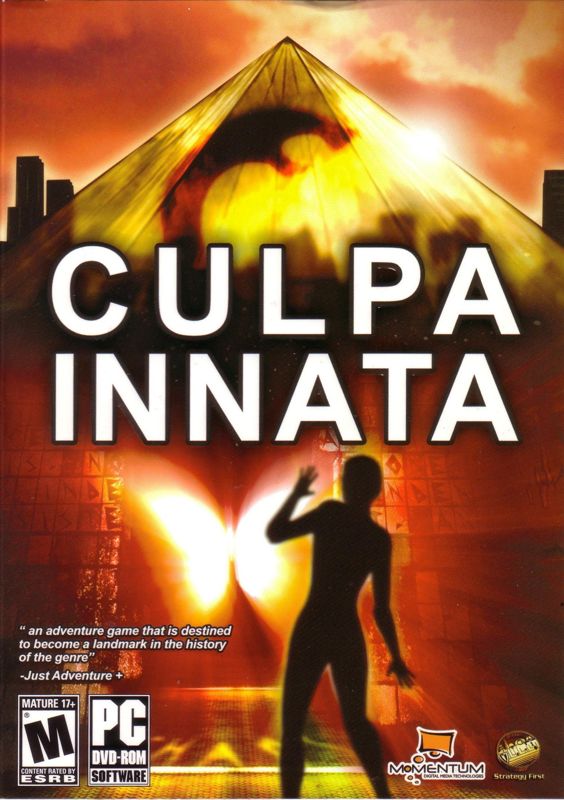
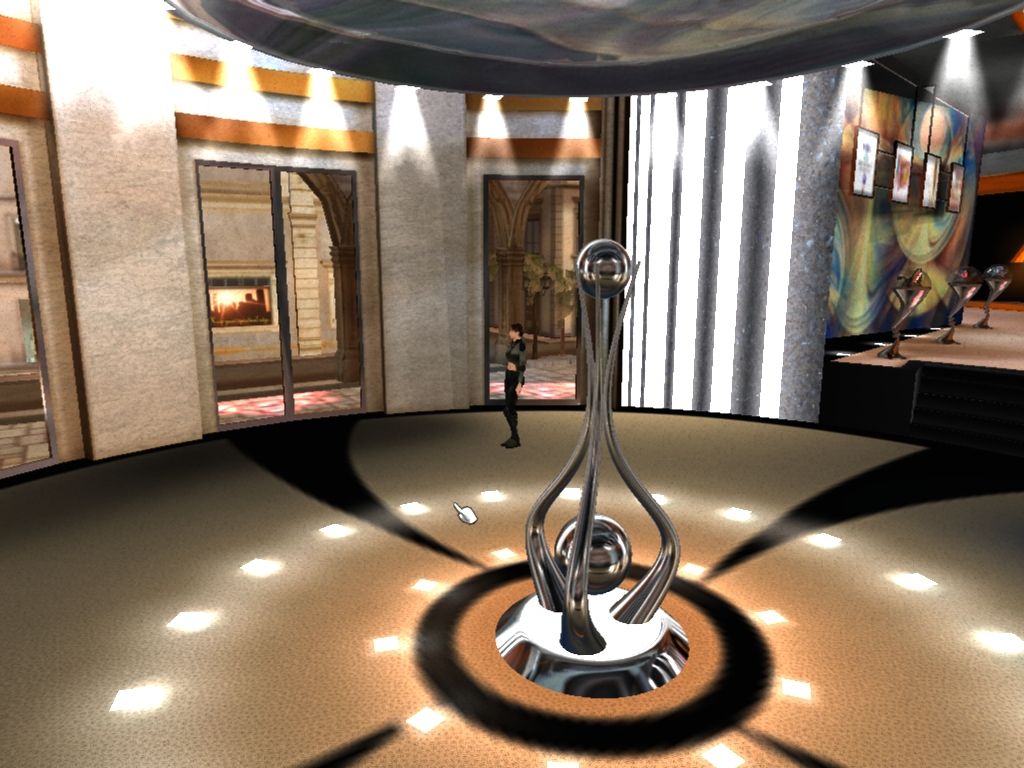

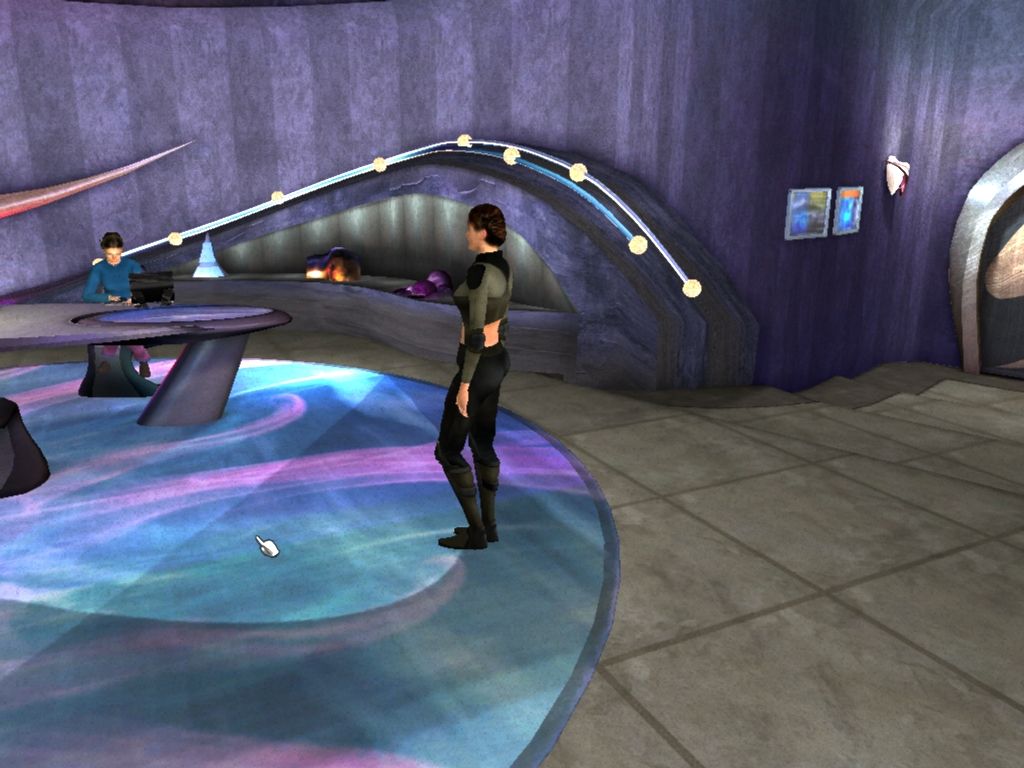
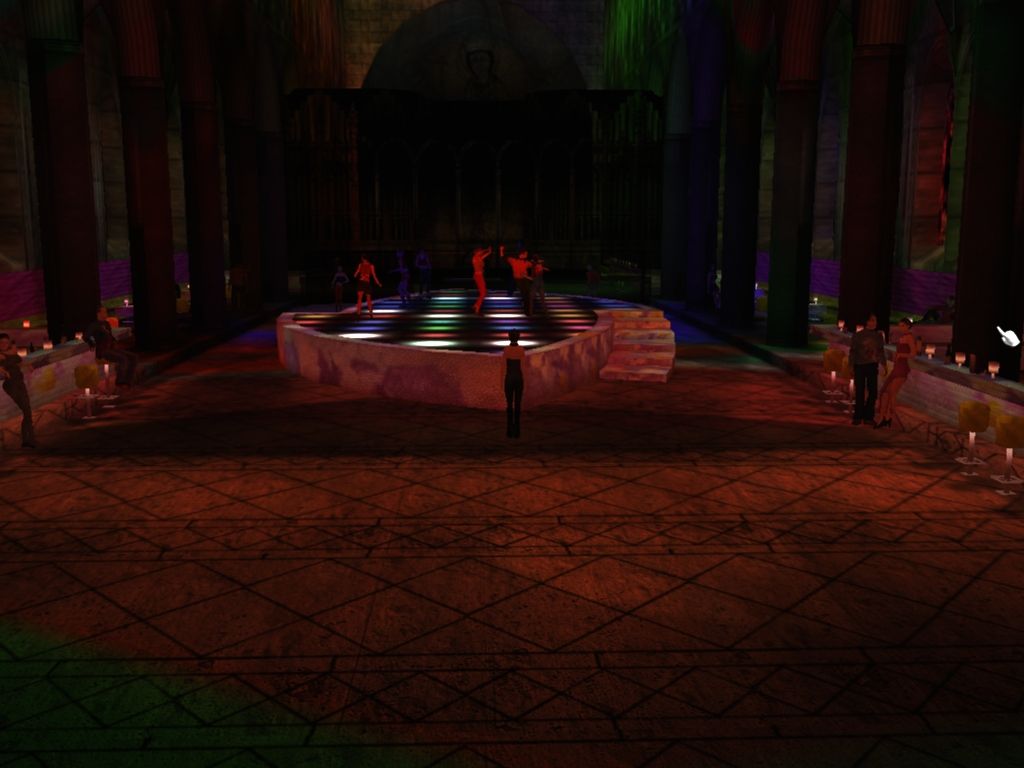
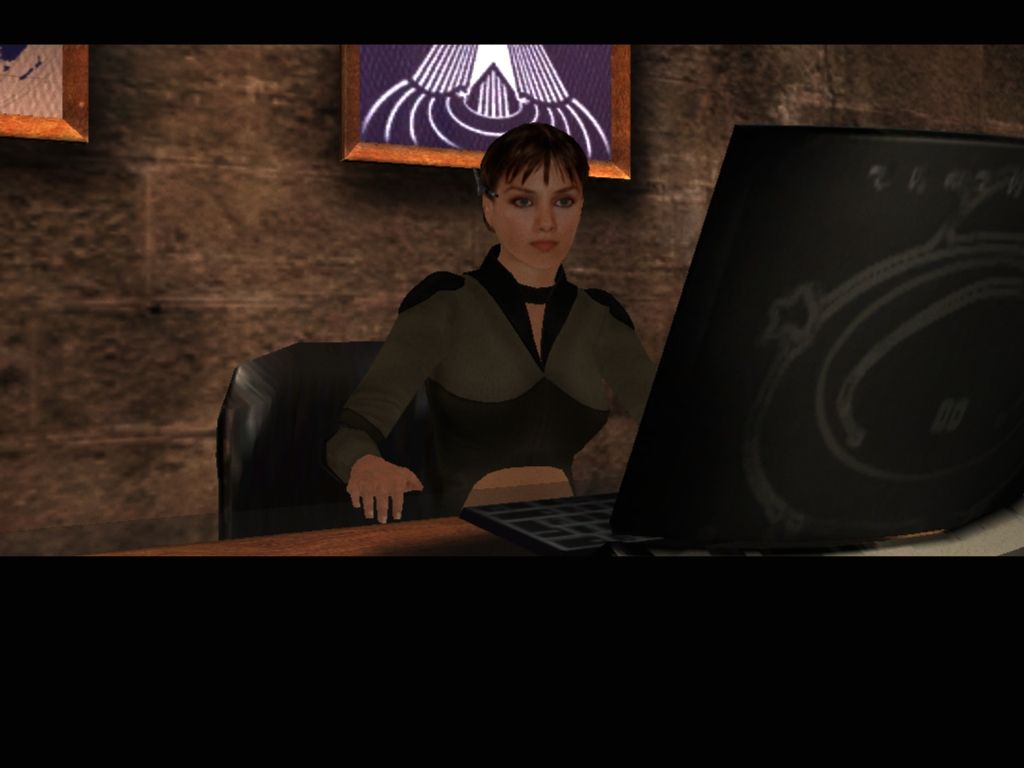

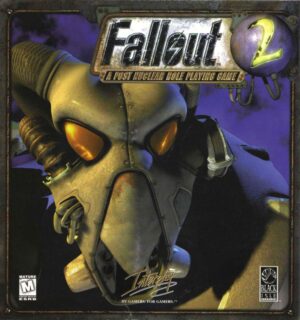

Reviews
There are no reviews yet.